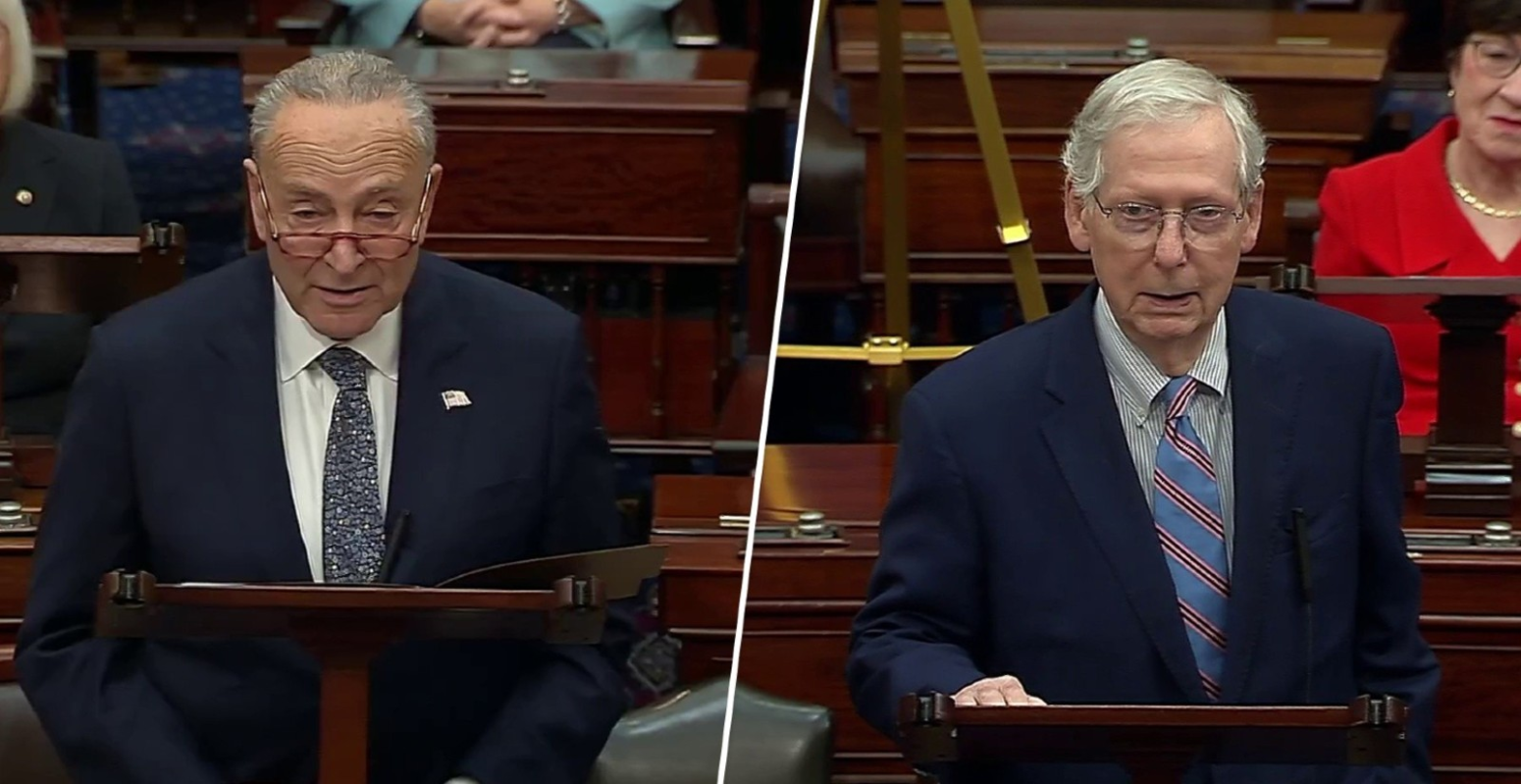Senate Confirms New Secretary of the Navy Appointment
Senate Confirms John Phelan as Secretary of the Navy: A New Era of Leadership and Reform
The U.S. Senate has confirmed John Phelan as the next Secretary of the Navy, a significant step as the department strives to modernize its operations and address persistent challenges. With a vote of 62–30, Phelan secured bipartisan support, despite his lack of military experience. His confirmation marks the beginning of a new chapter for the Navy, which has been dealing with issues such as cost overruns, shipbuilding delays, and workforce management concerns. This article offers a comprehensive analysis of Phelan’s background, his confirmation hearing, and his proposed approach to tackling the Navy’s ongoing challenges.
I. Introduction: A Fresh Perspective for the Navy
John Phelan’s appointment as Secretary of the Navy represents a shift in leadership for an institution at the forefront of national defense. A Florida businessman and the founder of a private investment firm, Phelan brings a wealth of private-sector experience to the role. Despite having no prior military service, his financial acumen and success in business have earned him widespread support, particularly for his potential to bring innovative solutions to the Navy’s long-standing issues.
As the Navy grapples with problems such as cost overruns in shipbuilding, delayed projects, and administrative inefficiencies, Phelan’s leadership is seen as a chance for reform. This article explores Phelan’s background, the details of his confirmation, concerns raised during the process, and the plans he has proposed for the Navy.
II. Business and Investment Background
Phelan’s career in the private sector has been marked by his leadership in financial and strategic roles. He founded Rugger Management LLC, a private investment firm in Florida, and previously served as a managing partner at MSD Capital, a notable private equity firm. His deep understanding of financial markets, investments, and corporate governance sets him apart as a leader who can manage complex operations efficiently.
Supporters argue that Phelan’s business background is an asset in addressing the fiscal and operational challenges facing the Navy. The Navy’s issues, such as budget mismanagement and inefficiency, are areas where Phelan’s skills in cost optimization and strategic investment could drive change.
III. The Confirmation Hearing: Addressing Concerns
During Phelan’s confirmation hearing on February 27, members of the Senate Armed Services Committee scrutinized his qualifications. While most senators supported his nomination, some expressed concerns about his lack of military experience. These concerns were focused on whether a businessman could effectively manage the Navy, one of the largest defense agencies in the world.
Despite these concerns, the hearing also highlighted the potential advantages of Phelan’s private-sector experience. Lawmakers emphasized that his expertise in managing large organizations and overseeing financial operations could help address systemic issues within the Navy, particularly those related to efficiency and accountability.
IV. Key Challenges Facing the Navy
One of the key challenges Phelan intends to address is the strain caused by extended deployments. He noted the negative impact that prolonged separation from families, combined with inadequate maintenance practices, has had on the Navy’s personnel. These issues have contributed to high suicide rates and reduced operational readiness. Phelan’s approach will involve not only financial reforms but also initiatives to improve the quality of life for Navy service members and their families.
V. Integrating Private-Sector Efficiency into Military Operations
Phelan’s appointment is part of a broader trend in which leaders from the private sector are being brought into government roles to implement business practices in the public sector. Phelan has emphasized the importance of leveraging private-sector best practices to improve the Navy’s operations. His strategy includes streamlining decision-making processes, reducing bureaucratic inefficiency, and optimizing resource allocation.
Phelan’s vision for the Navy includes a focus on transparency and accountability. His goal is to establish systems that allow for better oversight and decision-making, ensuring that resources are used efficiently and effectively.
VI. Bipartisan Support for Reform
Phelan’s confirmation was supported by both Democrats and Republicans, reflecting the broad desire for reform within the Navy. Lawmakers expressed confidence in his ability to tackle the department’s fiscal challenges and modernize its operations. Despite some concerns about his lack of military experience, the consensus was that Phelan’s financial expertise and commitment to accountability made him an ideal candidate for the position.
VII. Potential Impact on Navy Operations
Phelan’s leadership is expected to bring about significant changes within the Navy. His focus on improving efficiency and accountability could reshape how the Navy manages its resources, oversees contracts, and implements technological upgrades. In an era of rapidly evolving global threats and technological advancements, Phelan’s approach may help ensure that the Navy remains agile and capable of responding to these challenges.
VIII. Conclusion: A New Era for the Navy
The confirmation of John Phelan as Secretary of the Navy represents a turning point for the department. His extensive business background, combined with his focus on results-driven leadership, positions him to address the Navy’s most pressing issues. From shipbuilding delays to workforce challenges, Phelan’s appointment signals a commitment to reform and modernization. While his lack of military experience has raised some questions, Phelan has made it clear that he will work alongside military experts to ensure that the Navy remains a powerful and effective force.
As Phelan steps into his new role, his leadership will be closely watched. His success in implementing reforms could set a new standard for leadership in the military, demonstrating how private-sector strategies can improve the efficiency and effectiveness of government operations. Ultimately, Phelan’s tenure could mark the beginning of a new era for the U.S. Navy, one focused on modernization, efficiency, and operational excellence.
